How Much Does a New Roof Cost in Virginia?
Several factors come into play when determining the cost of a new roof. These factors include:
- Roofing Material: The choice of roofing material significantly impacts the overall cost. Options such as asphalt shingles, metal roofing, slate, and tile each have their own price range, durability, and aesthetic appeal.
- Roof Size and Complexity: The size and complexity of the roof influence the amount of materials required and the labor involved. Larger roofs and those with multiple slopes, chimneys, or skylights may require additional time and resources.
- Labor Costs and Services: The cost of labor varies depending on the roofing contractor, their expertise, and the specific services required. Installation, removal of the old roof, and any additional services will contribute to the final cost.
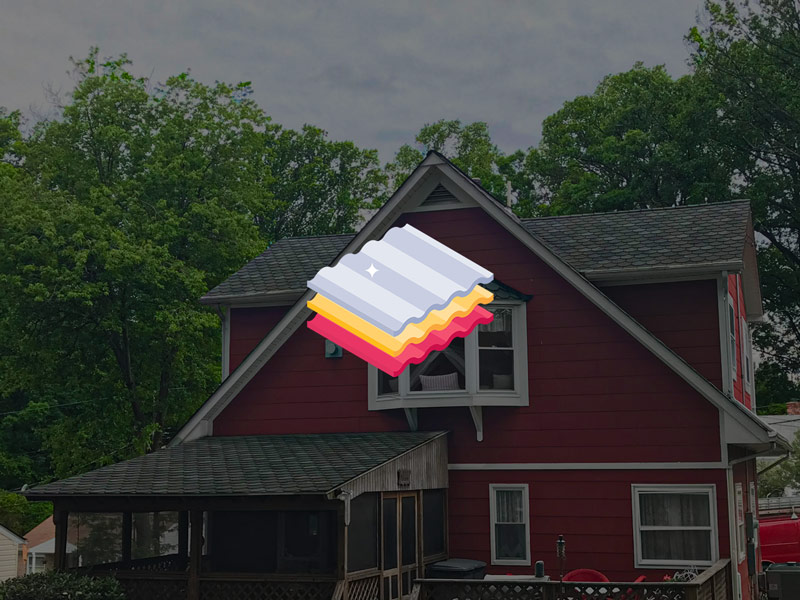
Understanding Roofing Materials
Types of Roofing Materials Commonly Used in Virginia
When it comes to new roof installations in Virginia, homeowners have various options to choose from. The most commonly used roofing materials in the region include asphalt shingles, metal roofing, slate, and tile.
- Asphalt Shingles: Asphalt shingles are the most popular choice due to their affordability, versatility, and ease of installation. They come in a range of styles and colors, allowing homeowners to achieve the desired aesthetic for their homes.
- Metal Roofing: Metal roofs offer exceptional durability and longevity. They are resistant to extreme weather conditions, such as high winds and heavy snowfall. Additionally, metal roofs are eco-friendly and energy-efficient, making them a sustainable choice.
- Slate: Slate roofs are renowned for their elegance and natural beauty. They can enhance the visual appeal of any property and have a lifespan of up to a century or more. However, they are a premium option and tend to be more expensive than other materials.
- Tile: Roof tiles, including clay and concrete tiles, are known for their durability and aesthetic appeal. They offer excellent resistance to fire and can withstand harsh weather conditions. Tile roofs are often chosen for their distinctive style and longevity.
Cost Range and Durability of Each Material
When considering a new roof in Virginia, it’s important to understand the cost range and durability of different roofing materials. Here are some commonly used materials and their average replacement costs per square foot:
- Asphalt Shingles: The most budget-friendly option, costing between $3 and $5 per square foot. Lifespan ranges from 15 to 30 years.
- Metal Roofing: Initially higher cost, ranging from $7 to $12 per square foot. However, it offers longevity of 40 to 70 years or more.
- Slate Roof: Considered a premium option, with costs averaging between $10 and $30 per square foot. Extremely durable, often lasting over a century.
- Tile Roof: Another premium choice, with costs ranging from $10 to $30 per square foot. Lifespan can reach 50 to 100 years.
Factors to Consider When Selecting the Right Material
Several factors should be considered when selecting the roofing material for your Virginia home:
- Climate: Virginia experiences varying climates, including hot summers and cold winters. Choose a material that can withstand temperature fluctuations, moisture, and potential storm damage.
- Aesthetic Appeal: Each roofing material has a unique appearance. Consider the architectural style of your home and choose a material that complements it while adding value to your property.
- Maintenance Requirements: Different materials have varying maintenance needs. Assess your willingness to perform regular maintenance and choose a material that aligns with your preferences.
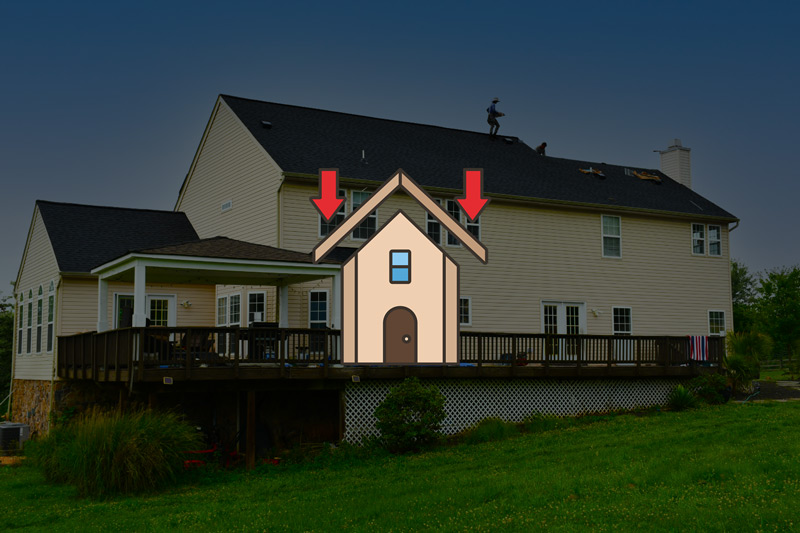
Evaluating Roof Size and Complexity
Calculating the Square Footage of the Roof
Determining the square footage of your roof is an essential step in estimating the cost of a new roof in Virginia. To calculate the roof’s square footage, you need to measure the length and width of each roof section and multiply them together. For complex roof shapes, you may need to break them down into smaller, more manageable sections. Accurate measurements are crucial for obtaining precise cost estimates from roofing contractors. Keep in mind that the pitch or slope of the roof can affect the overall square footage calculation, as it adds to the surface area.
Identifying Roof Complexities (e.g., Slopes, Chimneys, Skylights)
Roofs in Virginia often feature various complexities that can influence the overall cost of a new roof. Identifying these complexities is crucial during the evaluation process. Some common complexities include:
- Slopes: Steeper roof slopes require additional safety precautions and may involve extra labor and materials. They can affect the difficulty of installation and impact the cost accordingly.
- Chimneys: Chimneys are protrusions on the roof that require special attention during the installation process. Flashing and sealing around chimneys should be properly addressed to prevent leaks and water damage.
- Skylights: Skylights provide natural light and enhance the aesthetics of a home, but they can also add complexity to the roofing project. Proper flashing and waterproofing around skylights are vital to ensure a watertight seal.
How Complexity Affects the Overall Cost of the Project
Complexities such as steep slopes, chimneys, skylights, and other unique features can affect the overall cost of a new roof in Virginia. They require additional time, materials, and expertise to properly address. Roofing contractors may need to allocate more resources, such as specialized equipment or skilled labor, to handle these complexities.

Labor Costs and Roofing Services
Factors Determining Labor Costs
Labor costs play a significant role in the overall expense of a new roof in Virginia. Several factors influence the labor costs associated with roof installation:
- Roof Size: The size of the roof directly affects the amount of time and effort required for installation. Larger roofs typically require more labor, leading to higher costs.
- Roof Complexity: The complexity of the roof, including its pitch, angles, and architectural features, can impact labor costs. More intricate roofs often demand additional time and expertise from roofing professionals.
- Removal of Old Roofing Materials: If the existing roof needs to be removed before installing the new one, this process adds labor costs. The complexity and time required for the removal affect the overall expense.
Average Labor Rates in Virginia for Roof Installation
In Virginia, labor rates for roof installation vary depending on the location, roofing company, and project requirements. On average, homeowners can expect to pay between $50 and $80 per hour for skilled roofing labor. It’s essential to note that these rates may fluctuate based on market demand and other factors specific to the region. When considering labor costs, it’s important to obtain multiple quotes from reputable roofing contractors in Virginia. This allows for a better understanding of the local market rates and helps in choosing the right contractor that fits your budget.
Additional Services and Their Impact on the Final Cost
Beyond the basic roof installation, additional services may be necessary or desired. These services can include:
- Roof Insulation: Proper insulation helps improve energy efficiency and can contribute to the overall cost. It’s crucial to assess the insulation needs of your home and discuss the associated costs with the roofing contractor.
- Roof Repairs: If there are underlying issues with the roof structure or damage that needs to be addressed during the installation process, the cost may increase. Repair work adds labor and material expenses.
- Customizations: Certain customization options, such as architectural shingles, skylights, or ventilation systems, can enhance the functionality and aesthetic appeal of the roof. However, these customizations will likely impact the final cost of the project.
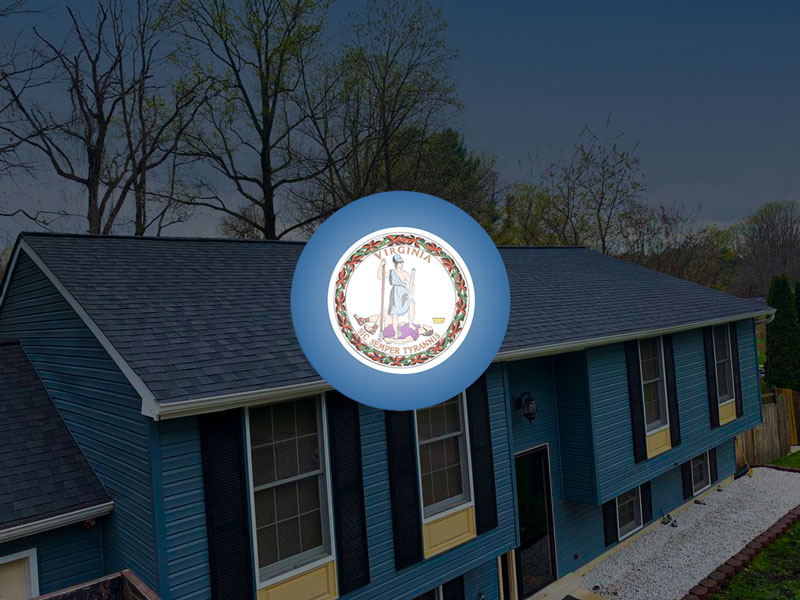
Permitting, Inspections, and Code Requirements
Understanding Local Permit and Inspection Processes
Before starting a new roof installation in Virginia, it’s crucial to understand the local permit and inspection processes. Different municipalities may have specific requirements for obtaining permits and scheduling inspections. These processes ensure that the roof installation meets safety standards and complies with local regulations. To initiate the permit and inspection procedures, homeowners or contractors typically need to submit necessary documents, such as project plans, material specifications, and proof of insurance. It’s important to research and contact the local building department to gain a clear understanding of the specific requirements and processes applicable to your area.
Compliance with Building Codes and Regulations in Virginia
Compliance with building codes and regulations is vital during the new roof installation in Virginia. Building codes are designed to ensure structural integrity, fire safety, and overall quality of construction. Roofing projects must adhere to these codes to protect the occupants and maintain the structural integrity of the building. Building codes in Virginia cover various aspects, including roof design, materials, flashing, ventilation, and fire safety measures. Failure to comply with these codes can lead to legal issues and potentially compromise the safety and value of your property.
Roofing contractors with experience in Virginia are well-versed in local building codes and regulations. Hiring a professional ensures that the installation is conducted in compliance with all applicable requirements, minimizing the risk of future complications.
Associated Costs for Permits and Inspections
Obtaining permits and scheduling inspections for a new roof installation may involve additional costs. The exact fees vary depending on the municipality and the scope of the project. Permit fees typically range from $100 to $500, but this can differ based on the location and project specifications.
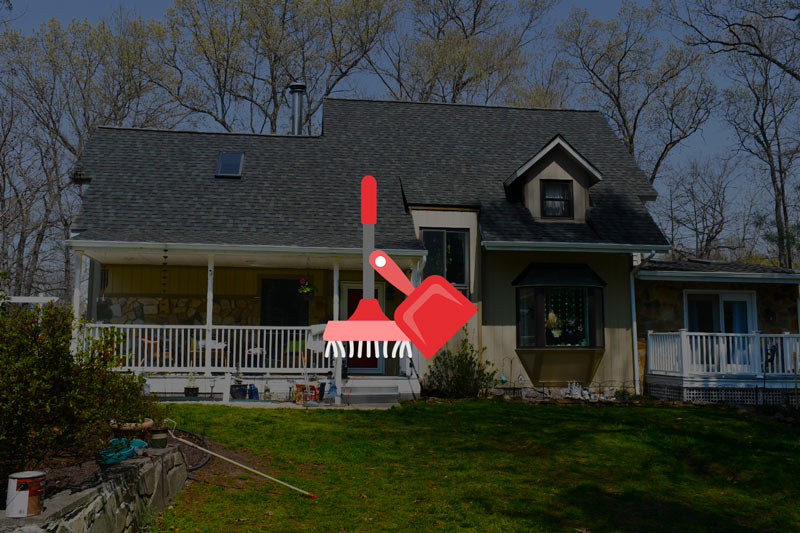
Miscellaneous Factors Affecting Roofing Costs
Geographic Location and Weather Conditions in Virginia
The geographic location of your property in Virginia can impact the cost of a new roof. Different regions within the state may have varying material availability and transportation costs, which can influence the overall project expenses. Additionally, weather conditions specific to your location, such as high winds or heavy snowfall, may require additional measures to ensure the durability and longevity of your new roof. These factors should be taken into account when estimating the cost.
Time of the Year and Seasonal Pricing Fluctuations
The time of the year can also affect the cost of a new roof in Virginia. Roofing contractors may experience fluctuations in demand based on seasonal patterns. During peak roofing seasons, such as spring and summer, when the weather is more favorable for installation, contractors may be busier, resulting in higher pricing due to increased demand. Conversely, scheduling your roof installation during the off-peak seasons, like fall or winter, may offer more competitive pricing options.
Additional Costs to Consider
When budgeting for a new roof, it’s essential to consider additional costs that may arise during the project. One such cost is the removal of the existing roof. If your current roof needs to be removed before the new installation, there will be associated labor and disposal fees. The complexity of the existing roof and the number of layers being removed can also impact the cost.
Disposal fees for the old roofing materials should also be factored into your budget. Some roofing contractors include these fees in their overall pricing, while others may charge separately. It’s important to clarify these details with your contractor to avoid any surprises during the project.
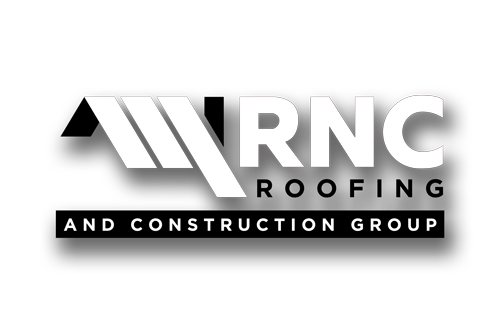
Leave a Reply